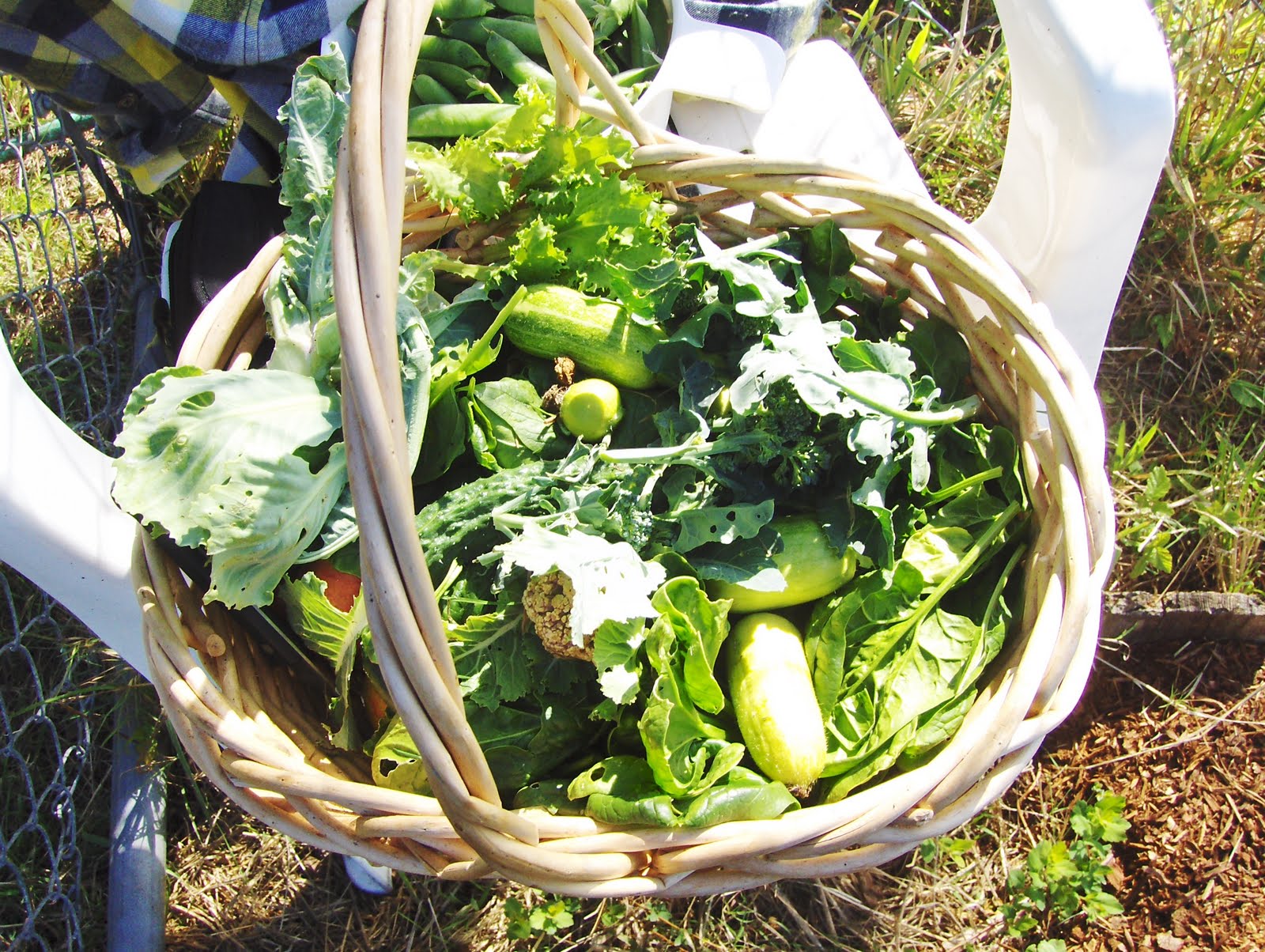As you know, I've hosted elementary students and cooked with them. They brought vegetables from their school garden; I incorporated such vegetables with the daily menu as much as possible.
Among my helpers, besides the teacher who came armed with notebooks and drawing pencils, and a whole lot of instructions, about where to sit, how to assist, how to behave in somebody's house, what to write down, how to ask questions, beside her, I also had other adult helpers.
While I instructed my young helpers on how to use knives, how to stand away from a cooking pot, how to keep surfaces uncontaminated, how to watch for doneness, the other adults all contributed as well, with assisting, supervising, serving and cleaning, and most importantly, managing the many tasks that came up.
One of them is another retired teacher too, and she reinforced life skills, such as:
1. estimation, how many apples to chop to make a cup.
2. multiplication, and division, doubling or halving a recipe.
3. reading a recipe and identifying common substitutions.
4. logistic set-up, what comes first, what tools are needed, how to best get the job done.
This week's lessons will emphasize selecting ingredients and staying on a budget.
Did I mention that questions are raised and answers are shared about eating healthy, balancing meals, reading labels?
Among my helpers, besides the teacher who came armed with notebooks and drawing pencils, and a whole lot of instructions, about where to sit, how to assist, how to behave in somebody's house, what to write down, how to ask questions, beside her, I also had other adult helpers.
While I instructed my young helpers on how to use knives, how to stand away from a cooking pot, how to keep surfaces uncontaminated, how to watch for doneness, the other adults all contributed as well, with assisting, supervising, serving and cleaning, and most importantly, managing the many tasks that came up.
One of them is another retired teacher too, and she reinforced life skills, such as:
1. estimation, how many apples to chop to make a cup.
2. multiplication, and division, doubling or halving a recipe.
3. reading a recipe and identifying common substitutions.
4. logistic set-up, what comes first, what tools are needed, how to best get the job done.
This week's lessons will emphasize selecting ingredients and staying on a budget.
Did I mention that questions are raised and answers are shared about eating healthy, balancing meals, reading labels?


I think this is a fantastic thing you are doing, Rosaria! In addition to all the children learn from you, I am sure it also gifts you with a wonderful sense of satisfaction!
ReplyDeleteThese kids must love you!!! It would be fun to witness one of your sessions!!!
ReplyDeleteI'm so glad you are doing this! I remember having cooking and sewing classes in 7th and 8th grade--those skills I learned have stayed with me through the years! Bless you!
ReplyDeleteThat's just fantastic! There are so many academic and life lessons wrapped up in one of your cooking sessions!
ReplyDeleteI am just loving reading about these cooking lessons. I do wish I could be there for the lessons. I think this type of instruction in invaluable. I wish more schools did this.
ReplyDeleteThis sounds like such a neat program for them to take part in. I'd love for my kids to get to experience that. They do help me in the kitchen sometimes, but I've slacked on that with life being so crazy, so I'd like to get back to it.
ReplyDeleteShannon at The Warrior Muse
According to the chefs and critics on the Food Network, there is no comparison between fresh chopped garlic and the kind I had always had before. They were right!
ReplyDelete